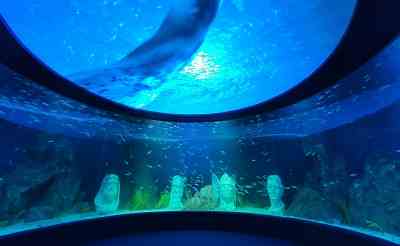-

Aqaba, Jordan
/ In progress 2024
Aqaba Aquarium & Science Hub
In progress 2024
-

Kogalym, Russia
/ In progress Completion due 2027
Kogalym Museum
In progress Completion due 2027
-
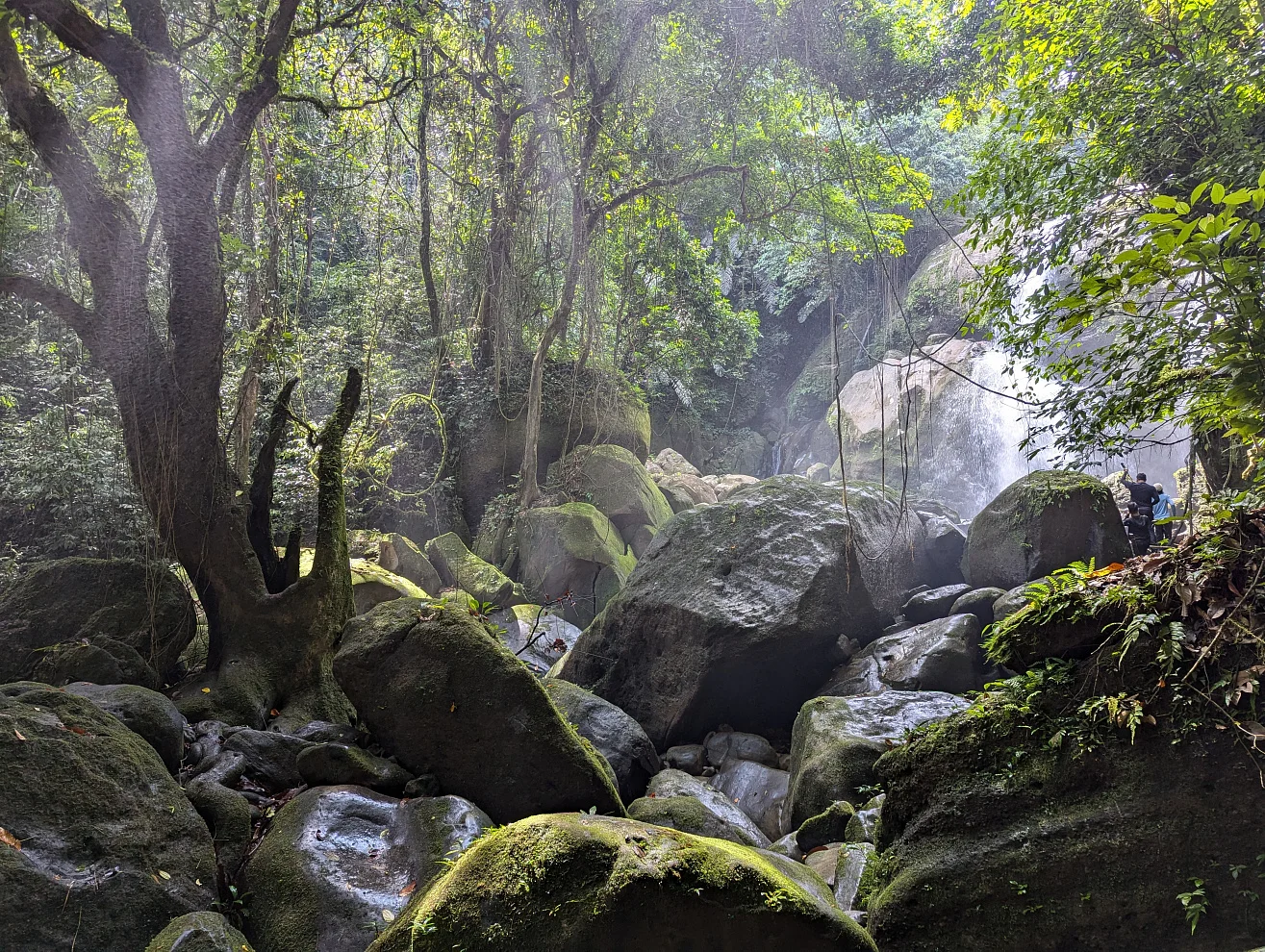
Greater Kuching, Malaysia
/ Completed 2025
Mambong Tourism Masterplan
Completed 2025
-

Daejeon, South Korea
/ Completed in 2021
Daejeon Aquarium
-

Kogalym, Russia
/ Completed 2016
Galactika Sports and Cultural Complex
Completed 2016
-

Kogalym, Russia
/ Completion due 2026
Philosopher’s Stone Apartments
-
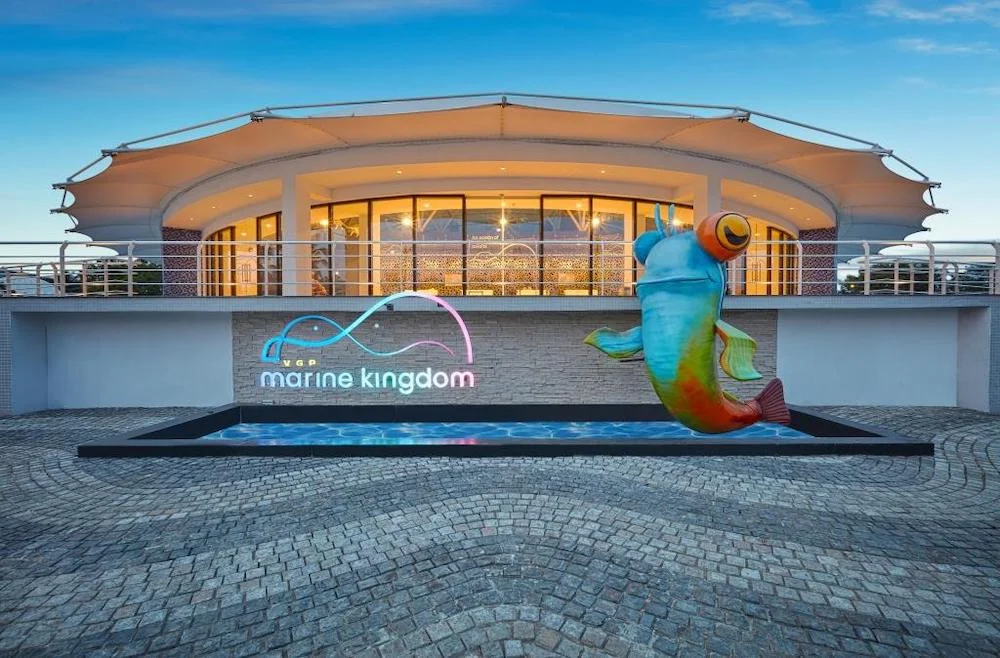
Chennai, India
/ Completed 2019
VGP Marine Kingdom
Completed 2019
-
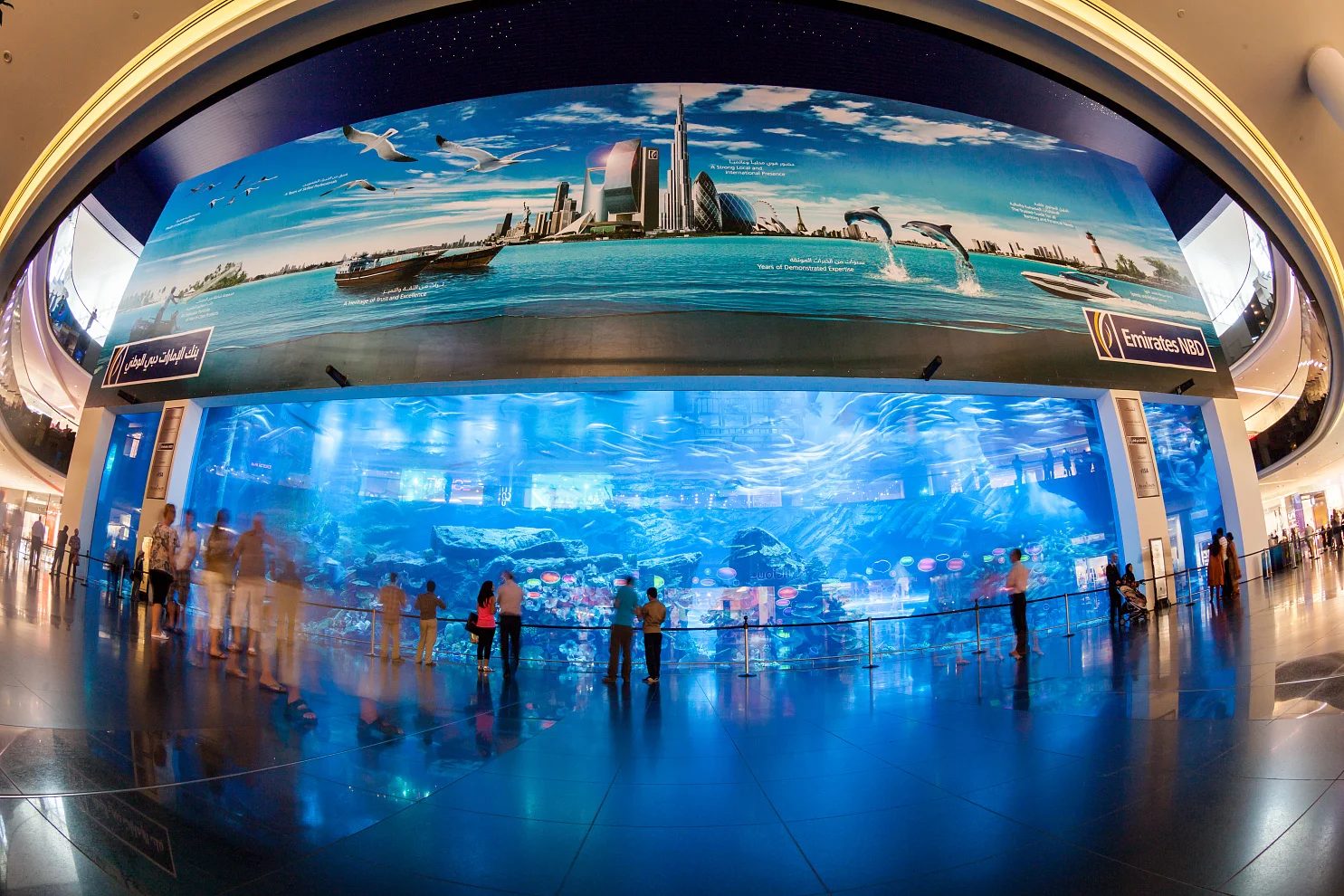
Dubai, United Arab Emirates
/ Completed 2013 to 2016
Dubai Aquarium and Underwater Zoo
Completed 2013 to 2016
-

Kogalym, Russia
/ In progress
Yaranga Botanical Gardens
In progress
-

Cadiz, Spain
/ Completed 2022
Cadiz Oceanarium
Completed 2022
-
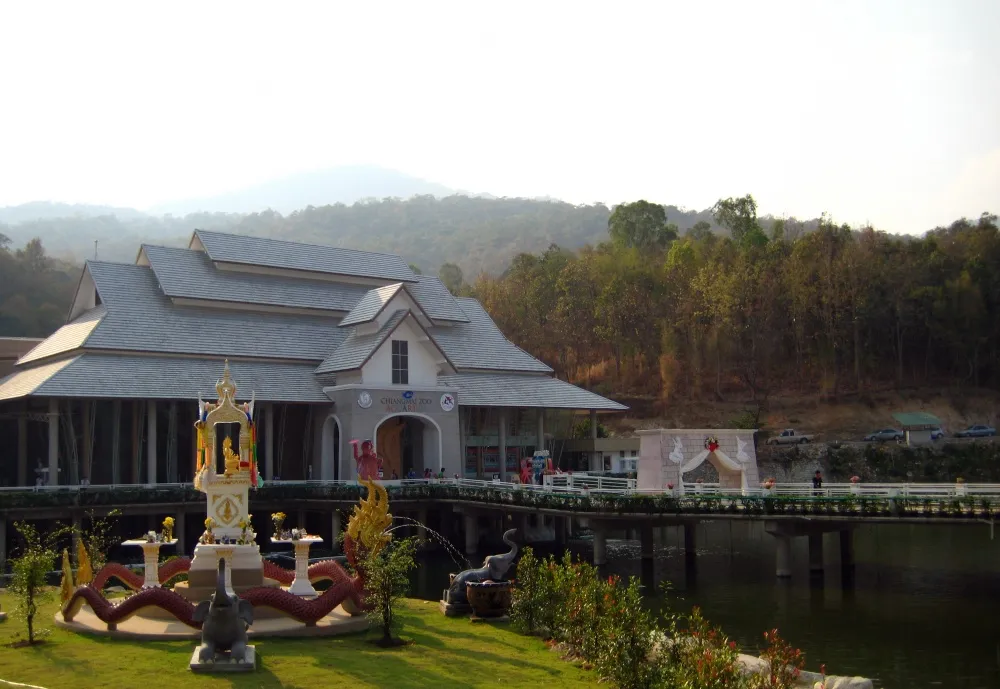
Chiang Mai, Thailand
/ Completed in 2008
Chiang Mai Aquarium
-
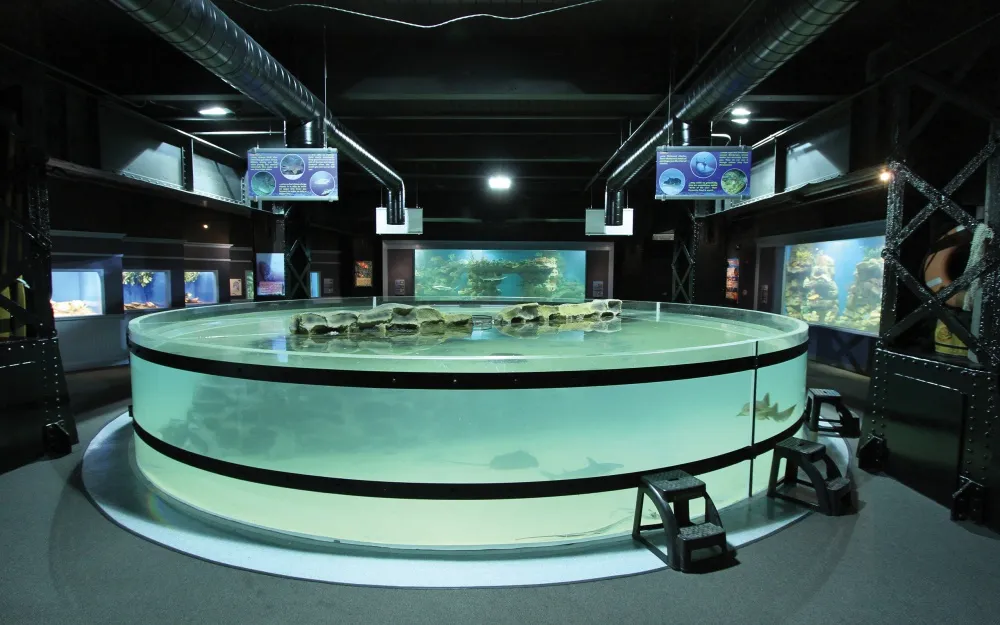
Ohio, United States of America
/ Completed in 2012
Greater Cleveland Aquarium
-
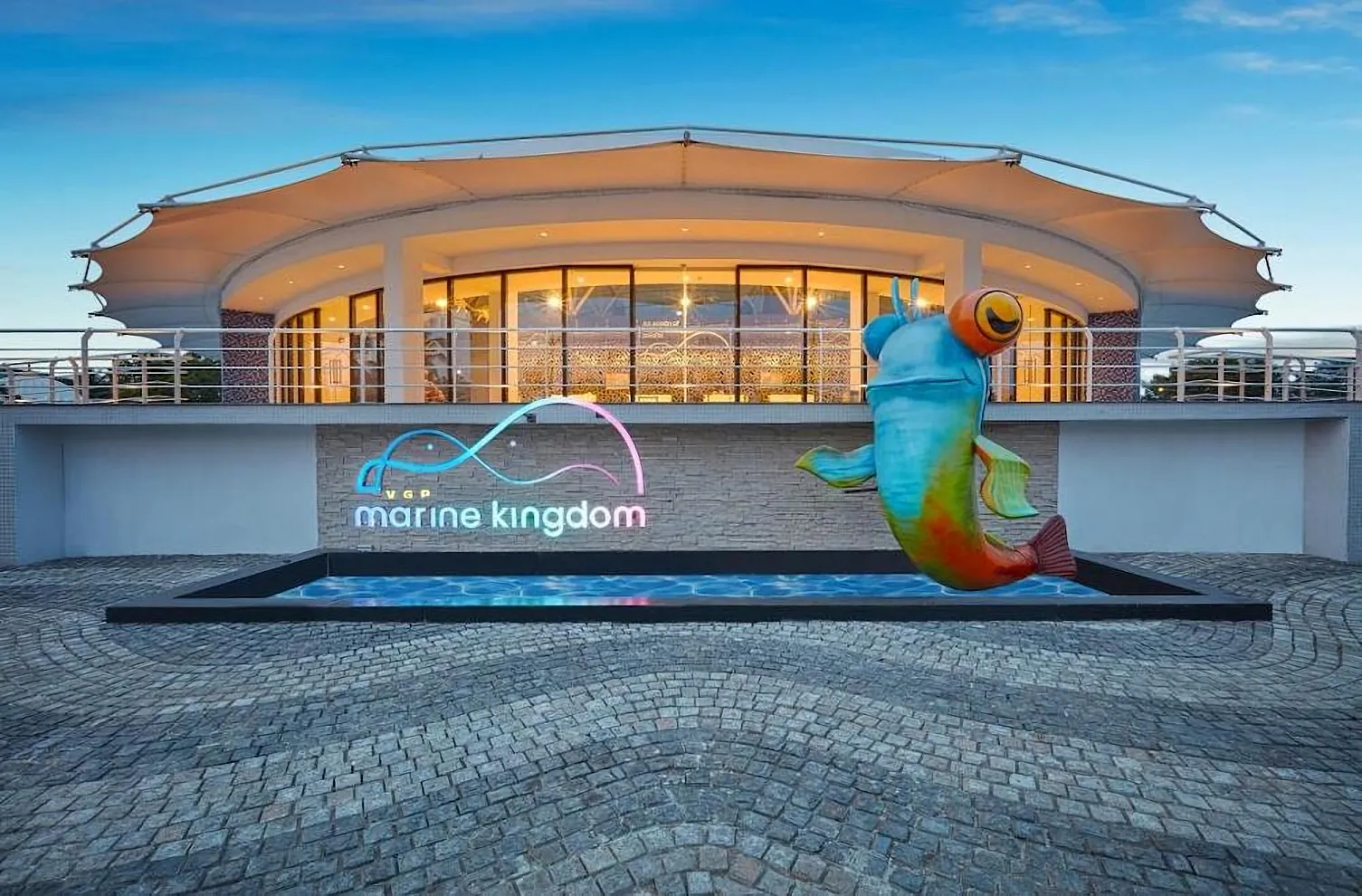
Chennai, India
/ Completed 2019
VGP Marine Kingdom
Completed 2019
-
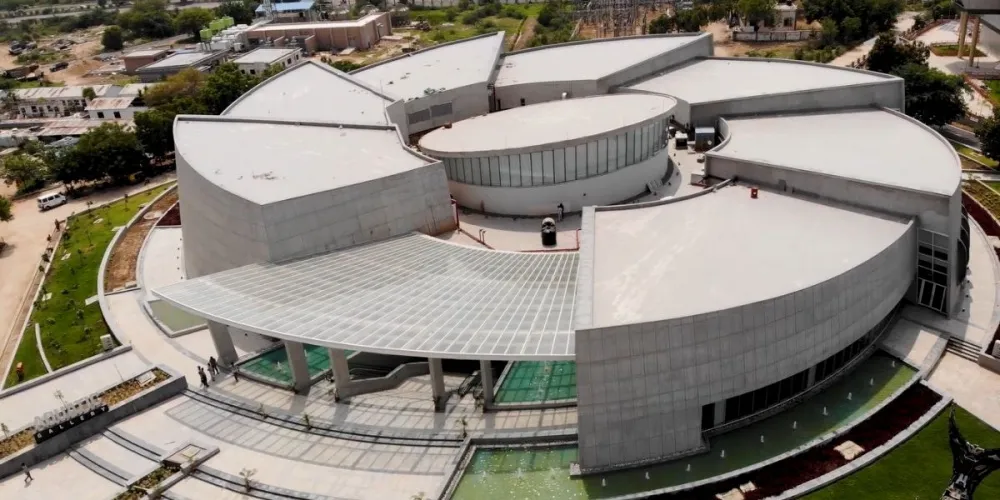
Ahmedabad, India
/ Completion due 2021
Gujarat Science City Aquatics Gallery
-
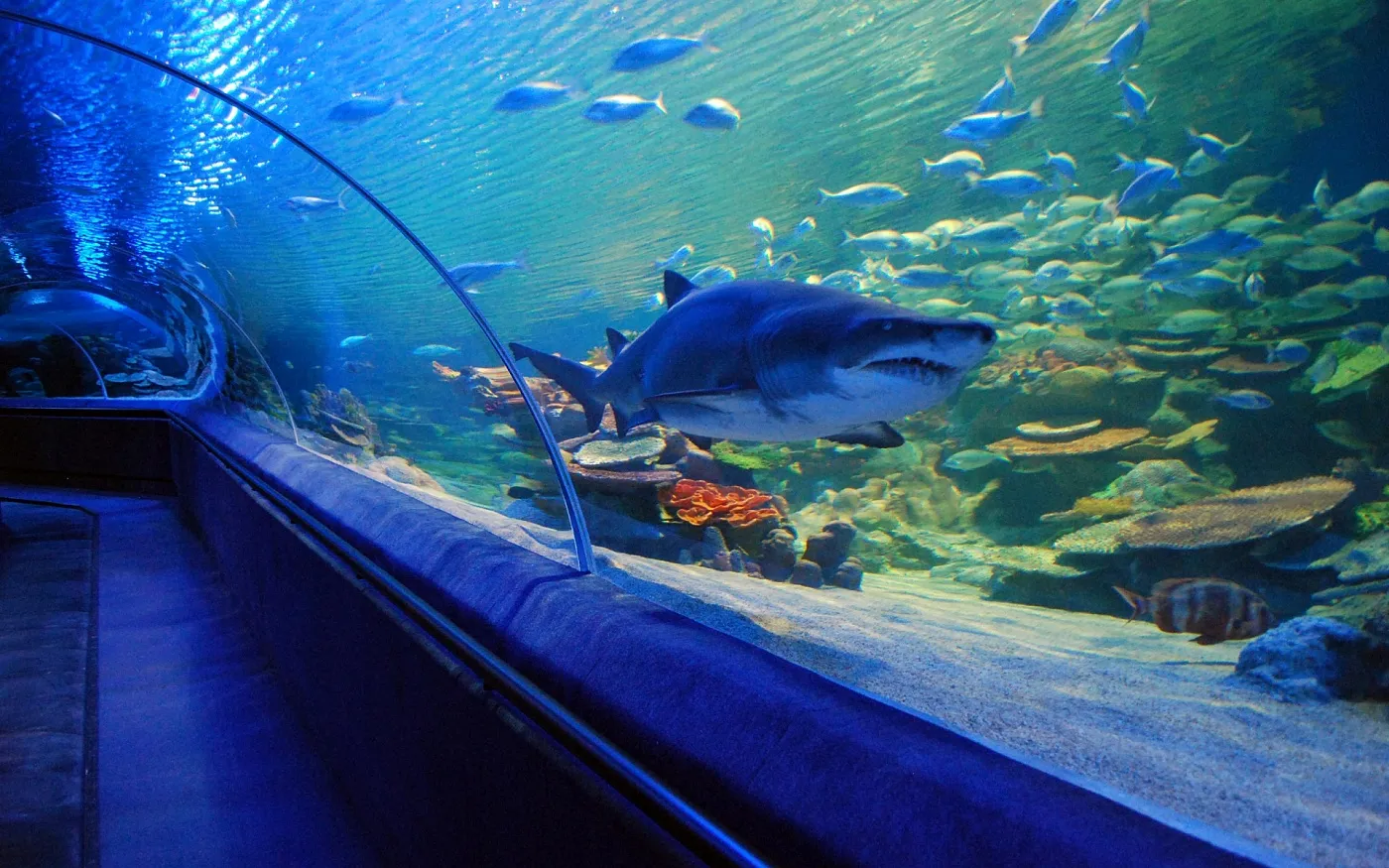
Istanbul, Turkey
/ Completed 2009
SEA LIFE Istanbul Aquarium
Completed 2009
-
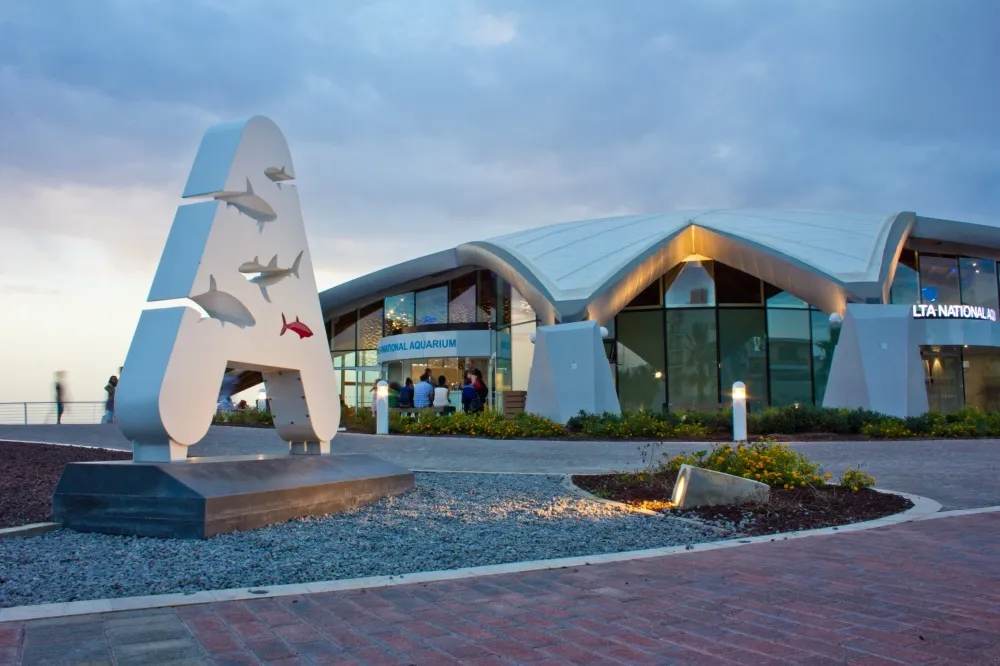
Qawra, Malta
/ Completed in 2013
Malta National Aquarium
-

Kogalym, Russia
/ Completed 2016
Galactika Waterpark
Completed 2016
-
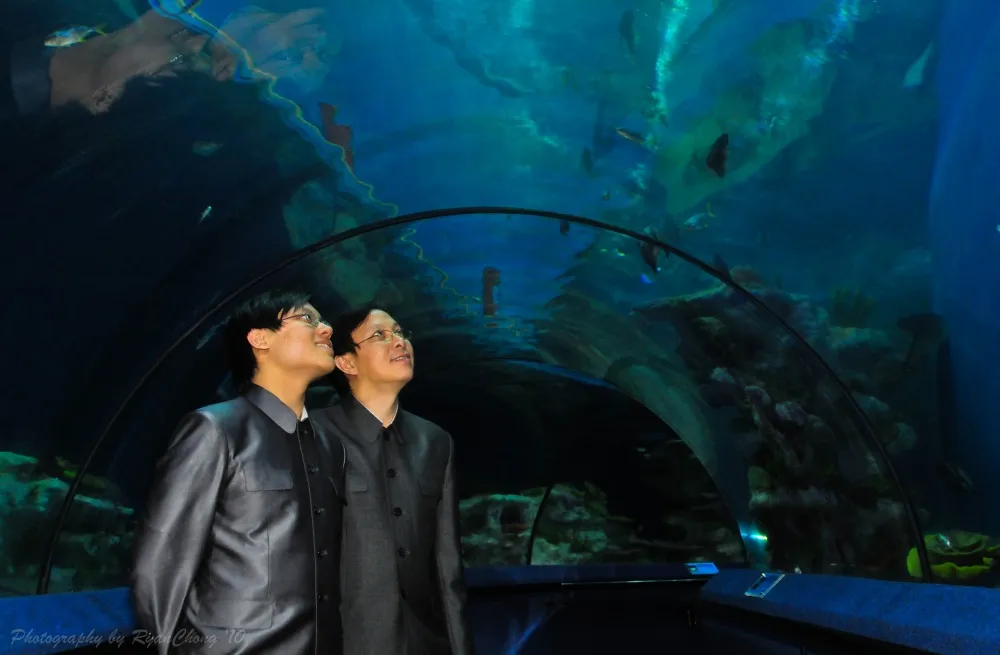
Wŏnsan, Democratic People’s Republic of Korea
/ Completed in 2012
Sindok Aquarium
-

Kogalym, Russia
/ In progress
Galactika Park
In progress
-

New York, United States of America
/ Concept
Eleven Times Square Aquarium
-
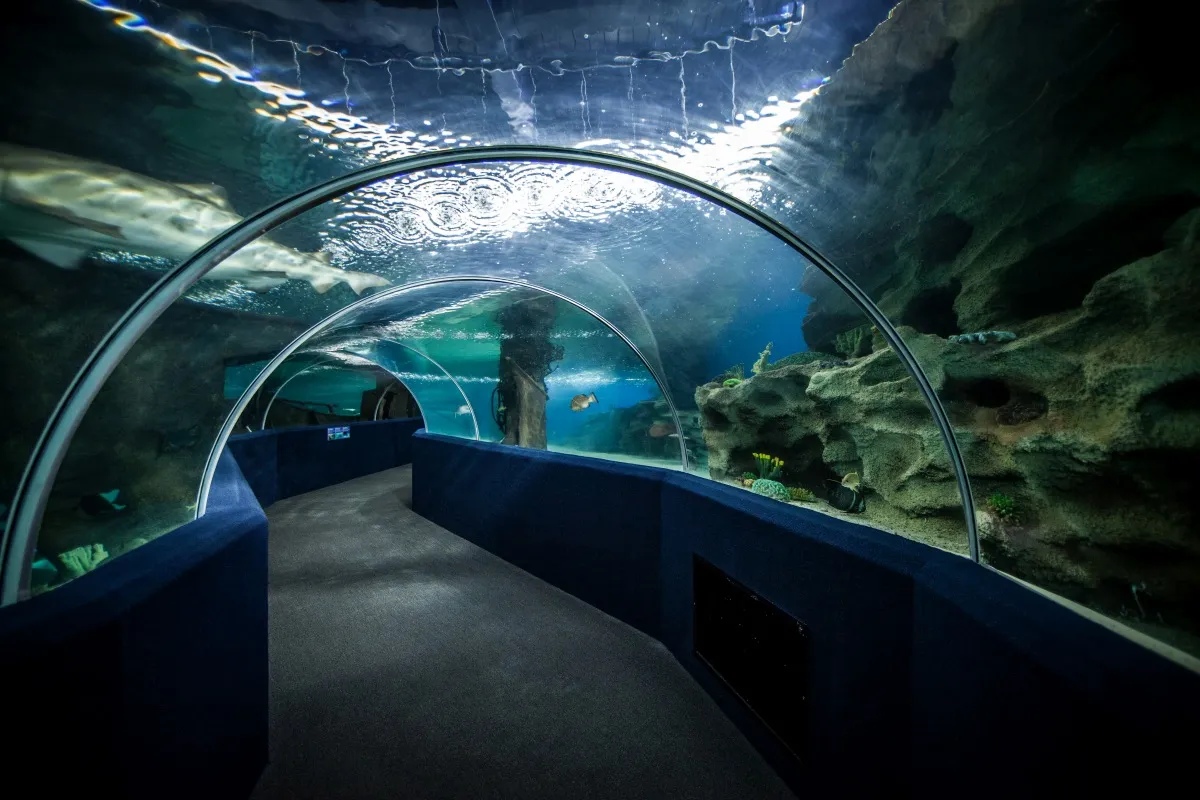
Nha Trang, Vietnam
/ Completed in 2017
Vinpearl Underwater World
-

Saint Petersburg, Russian Federation
/ Completed in 2006
Saint Petersburg Oceanarium
-
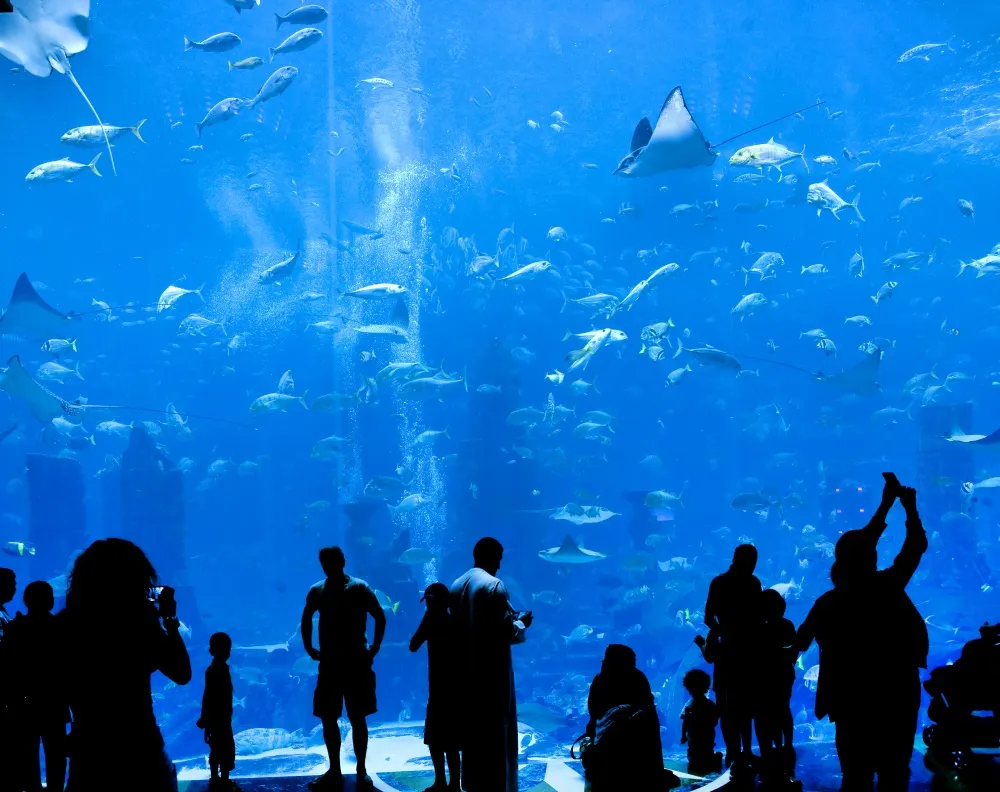
Vladivostok, Russian Federation
/ Completed in 2006
Primorsky Oceanarium
-

Itaipu, Paraguay
/ Concept
Itaipu Binacional Aquarium
-
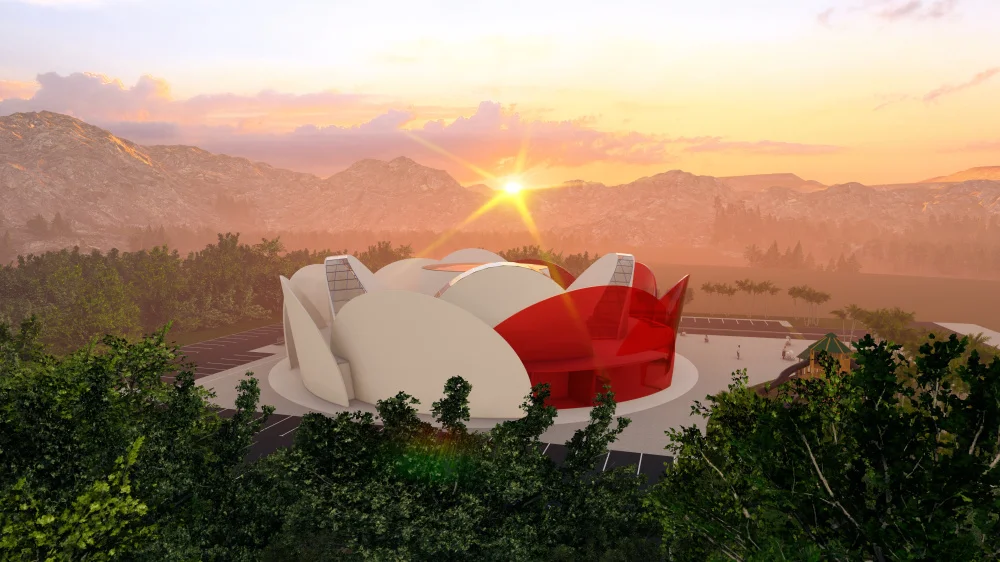
Ta'if, Saudi Arabia
/ Concept
Ta'if Children’s Discovery Center
-

Kogalym, Russian Federation
/ Completion due 2026
Galactika Mall Extensions
-

Kogalym, Russia
LUK Offices
-

Greater Kuching, Malaysia
/ Completed 2025
Bidayuh Architectural Standards & Design Initiative
Completed 2025
-
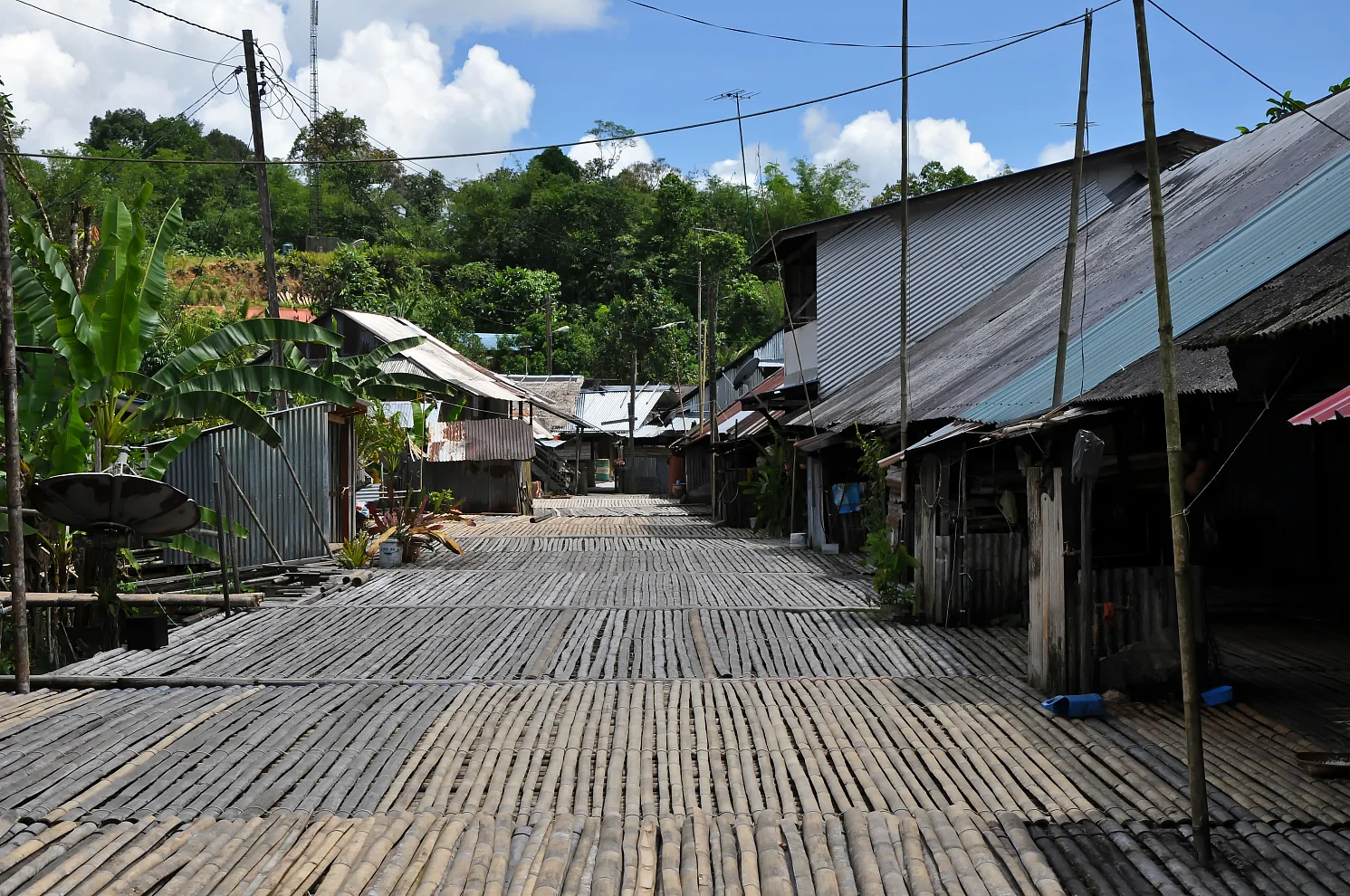
Greater Kuching, Malaysia
/ Completed 2025
Responsible Tourism Blueprint
Completed 2025
-

Paihia, Bay of Islands, New Zealand
/ Completed
Rapley Residence
Completed
-

Kerikeri, Bay of Islands, New Zealand
/ Completed
Van Den Burg Residence
Completed
-
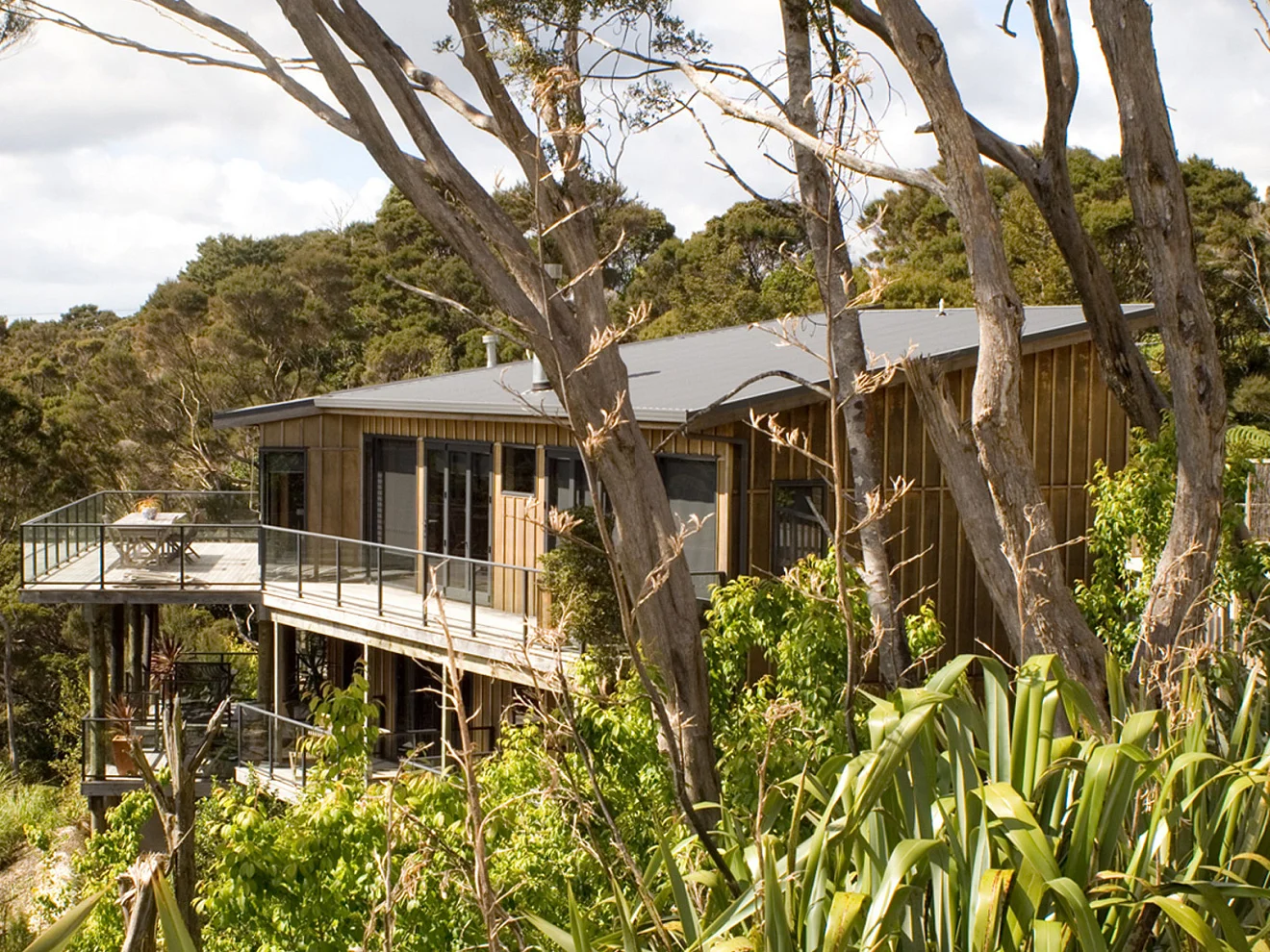
Opua, Bay of Islands, New Zealand
/ Completed
Sanctuary Lodge
Completed
-

Waitangi, Bay of Islands, New Zealand
/ Completed
River Run Lodge
Completed
-
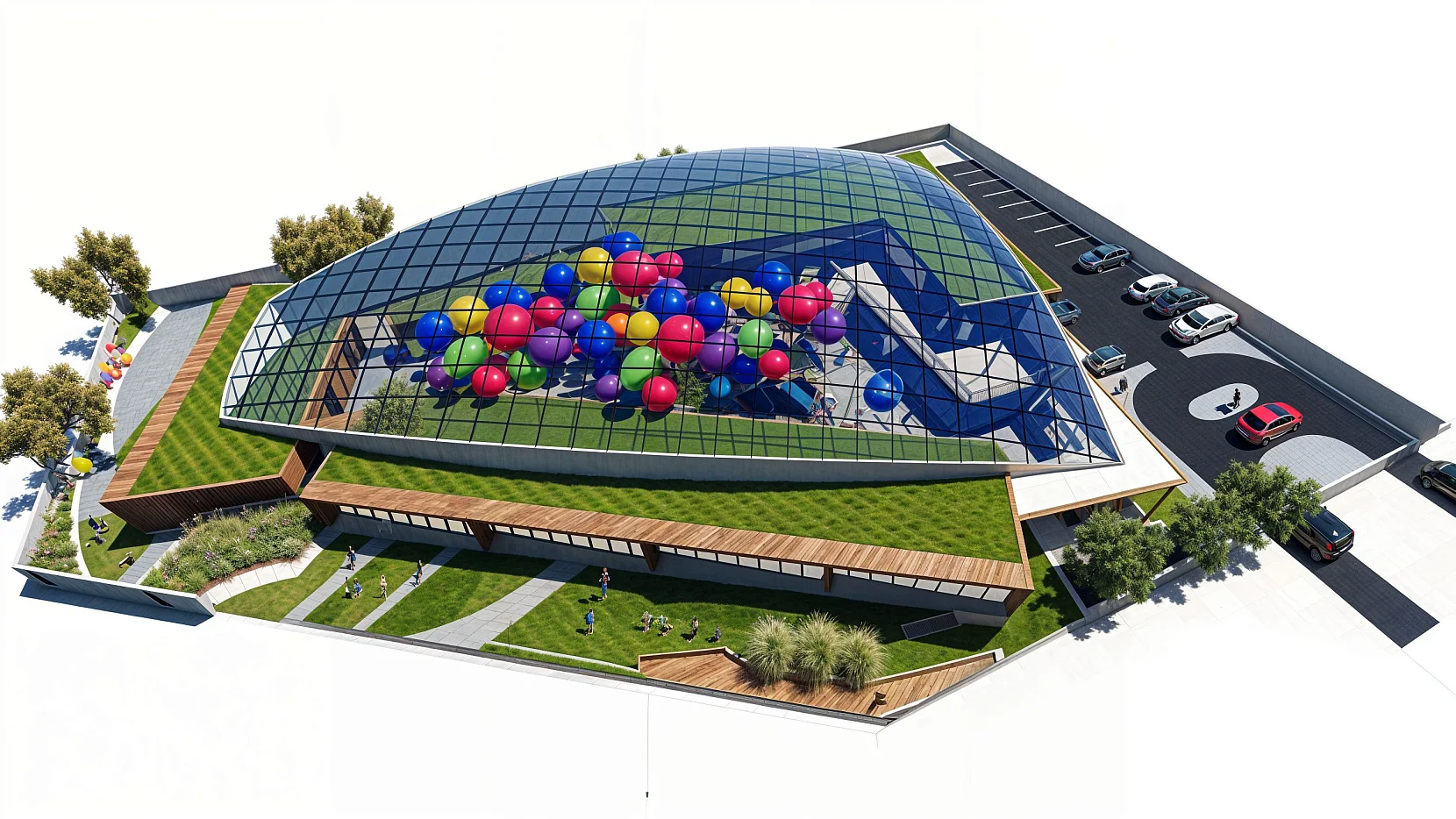
Takanini, New Zealand
Balloon Trees Childcare
-

Kogalym, Siberia, Russia
/ In progress
Kogalym Museum Park
In progress
-
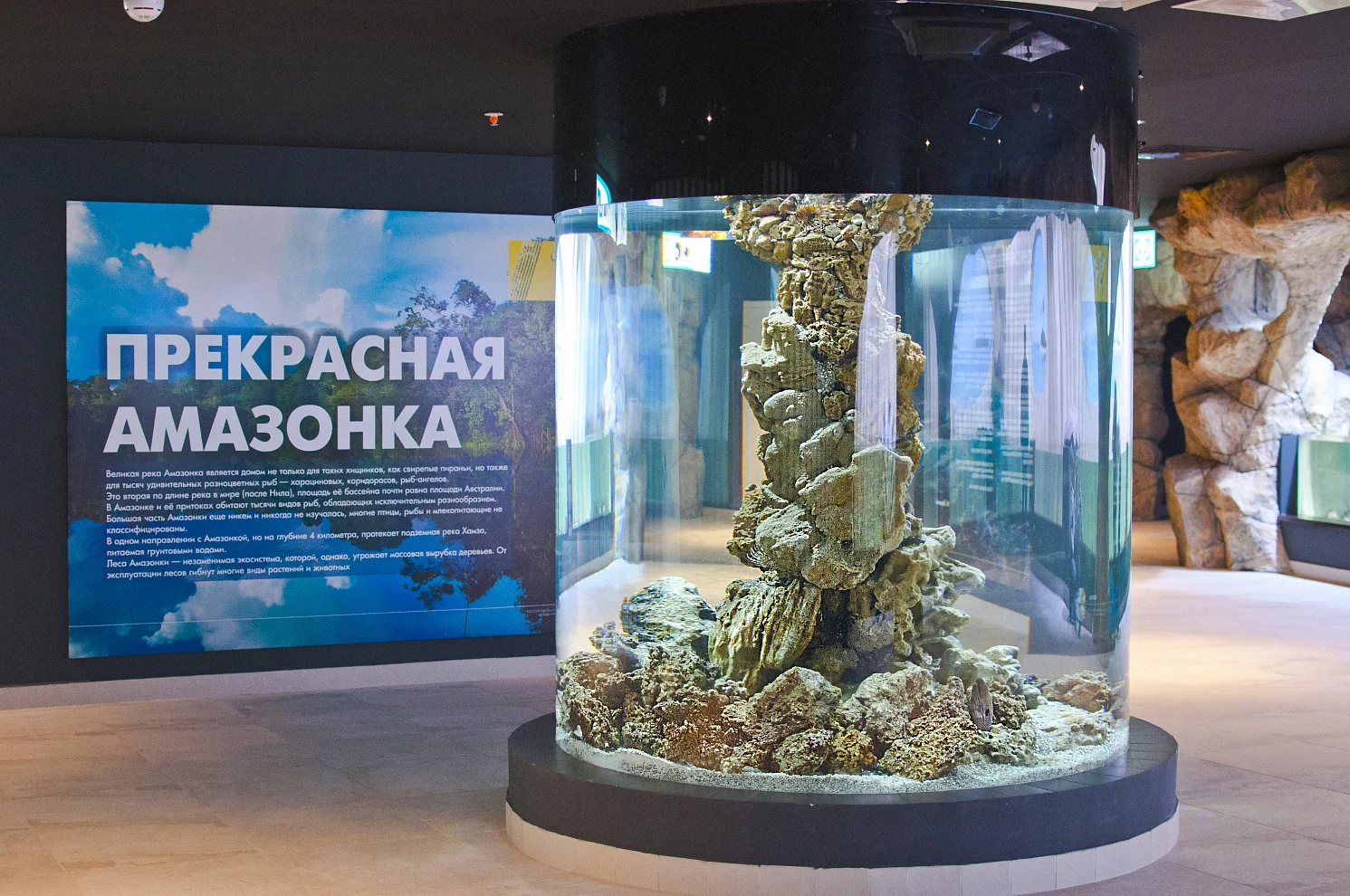
Kogalym, Siberia, Russia
/ Completed 2013
SKK Galaxy Aquarium
Completed 2013
-

Ulleung Do, South Korea
/ Completed Concept
Ulleung Do Aquarium
Completed Concept
-

Christchurch, New Zealand
/ Completed Concept
Christchurch Antarctic Center
Completed Concept
-

Abu Dhabi
/ Completed Concept
Sheikh Zayed Marine Life Rehabilitation and Research Center
Completed Concept
-
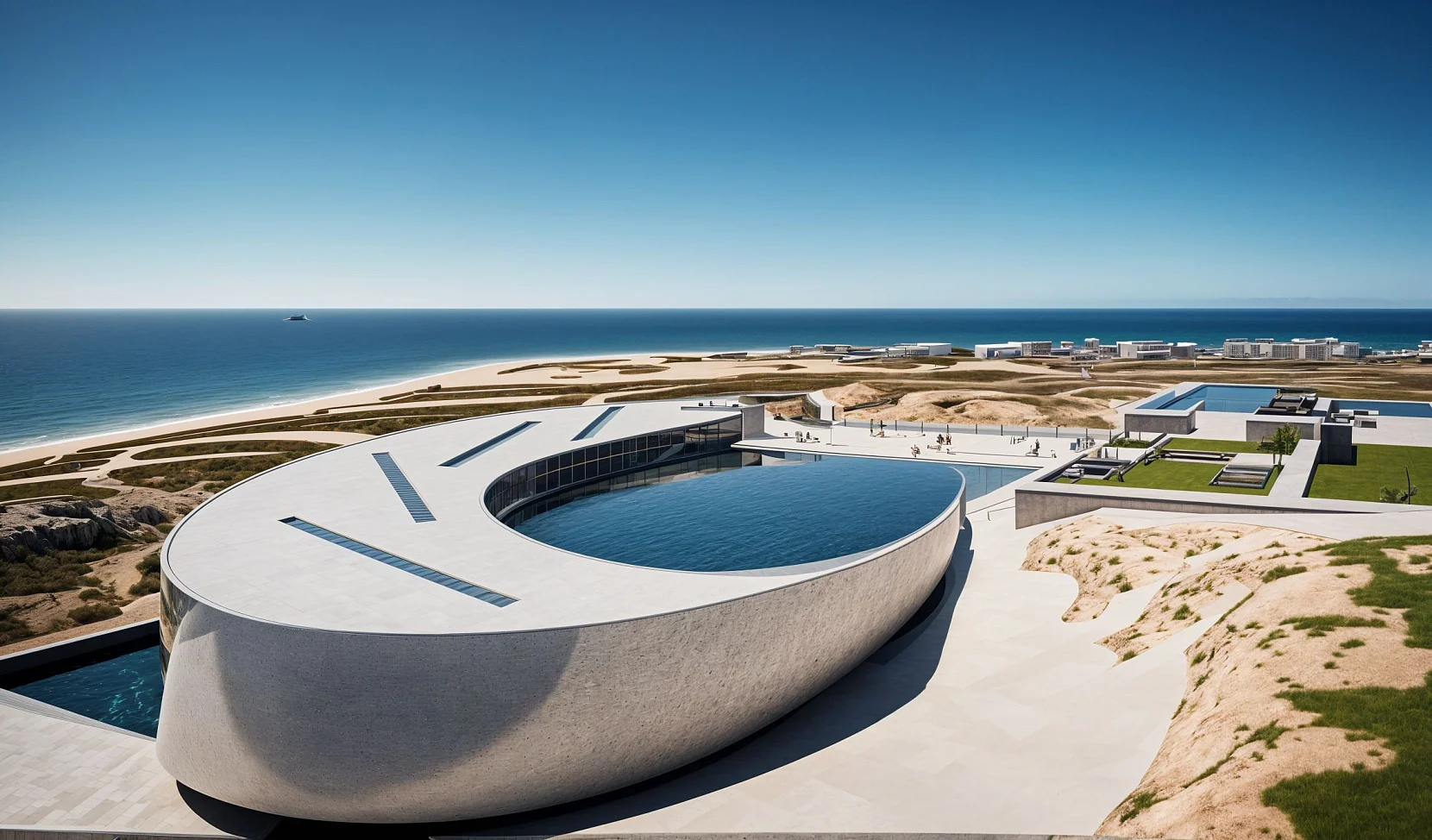
Antalya, Turkey
/ Completed Concept
Antalya Aquarium
Completed Concept
-

Puducherry, India
/ Completed Concept
Puducherry Oceanarium
Completed Concept
-

Bhubaneswar, Odisha, India
/ Completed Concept
Odisha Aquarium
Completed Concept
-

Mumbai
/ Completed Concept
Taraporewala Oceanarium
Completed Concept
-

Meghalaya, India
/ Completed Concept
Meghalaya Oceanarium
Completed Concept
-

Rajasthan, India
/ Completed Concept
Bharatpur Aquarium
Completed Concept
-

Seoul, South Korea
/ Completed Concept
Gwanghwamun Aquarium
Completed Concept
-
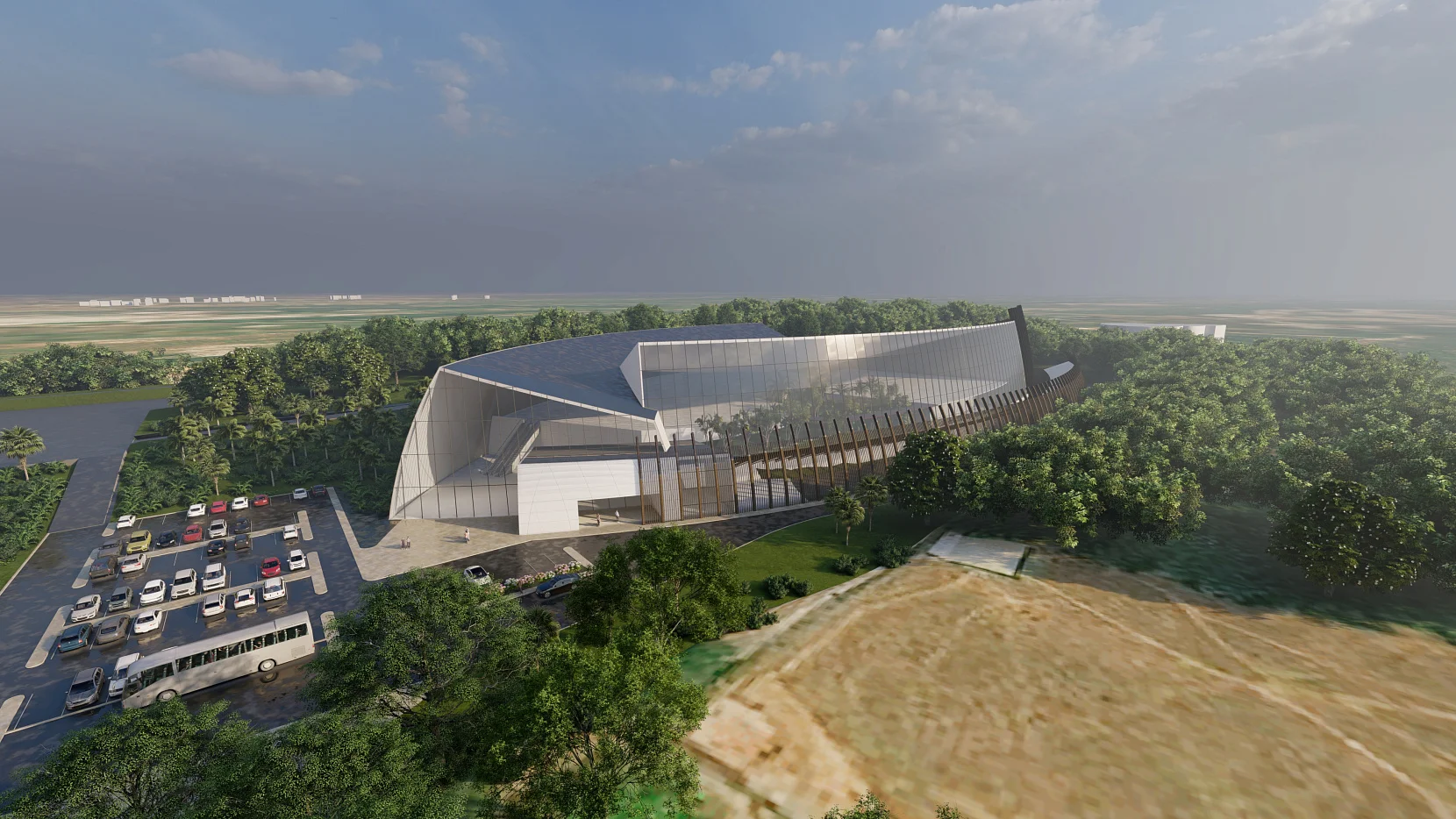
Bengaluru, India
/ Completed Concept
Bangalore Zoo Oceanarium
Completed Concept
-
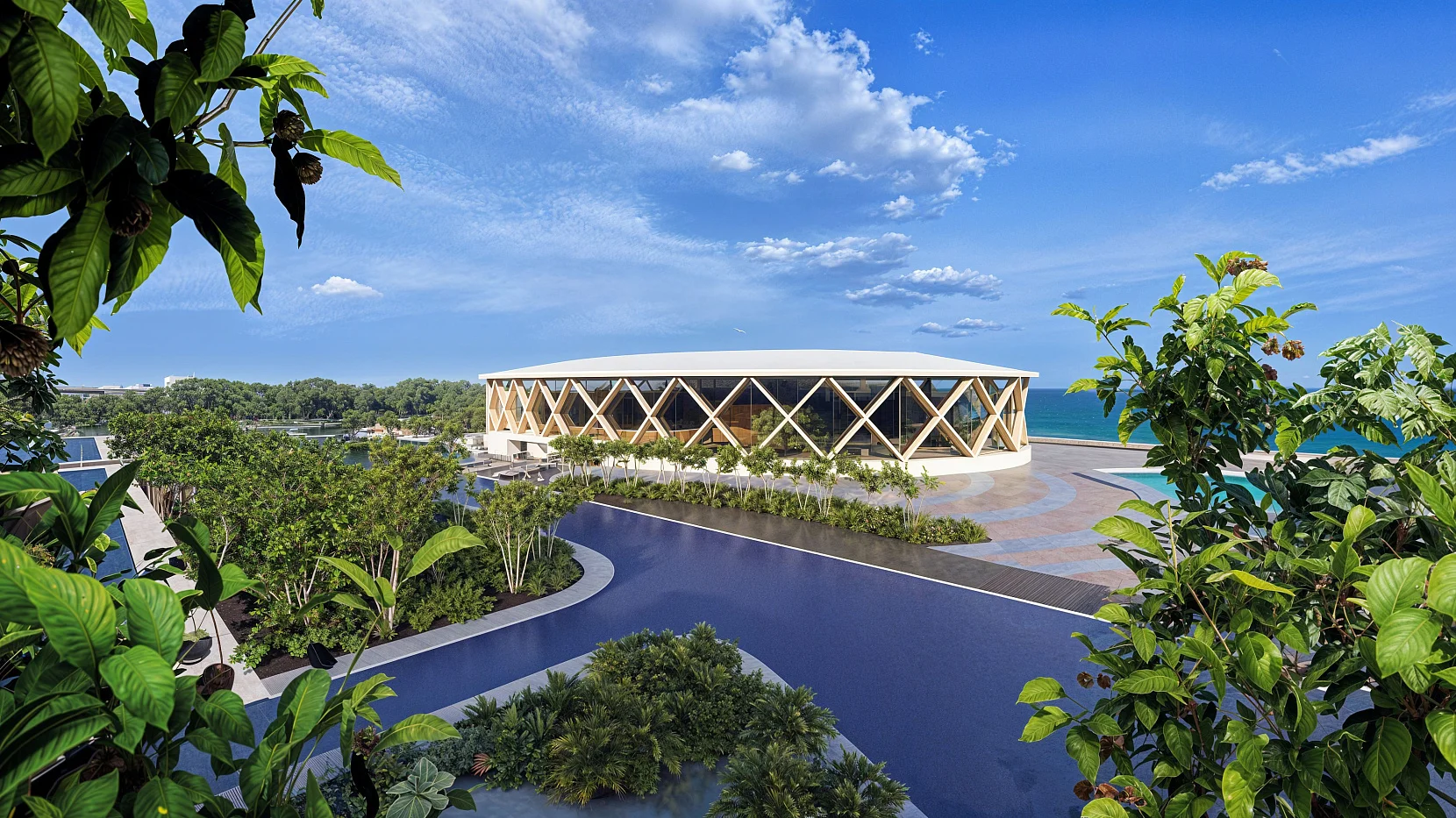
Diu, India
/ Completed Concept
Diu Oceanarium & Biome
Completed Concept
-
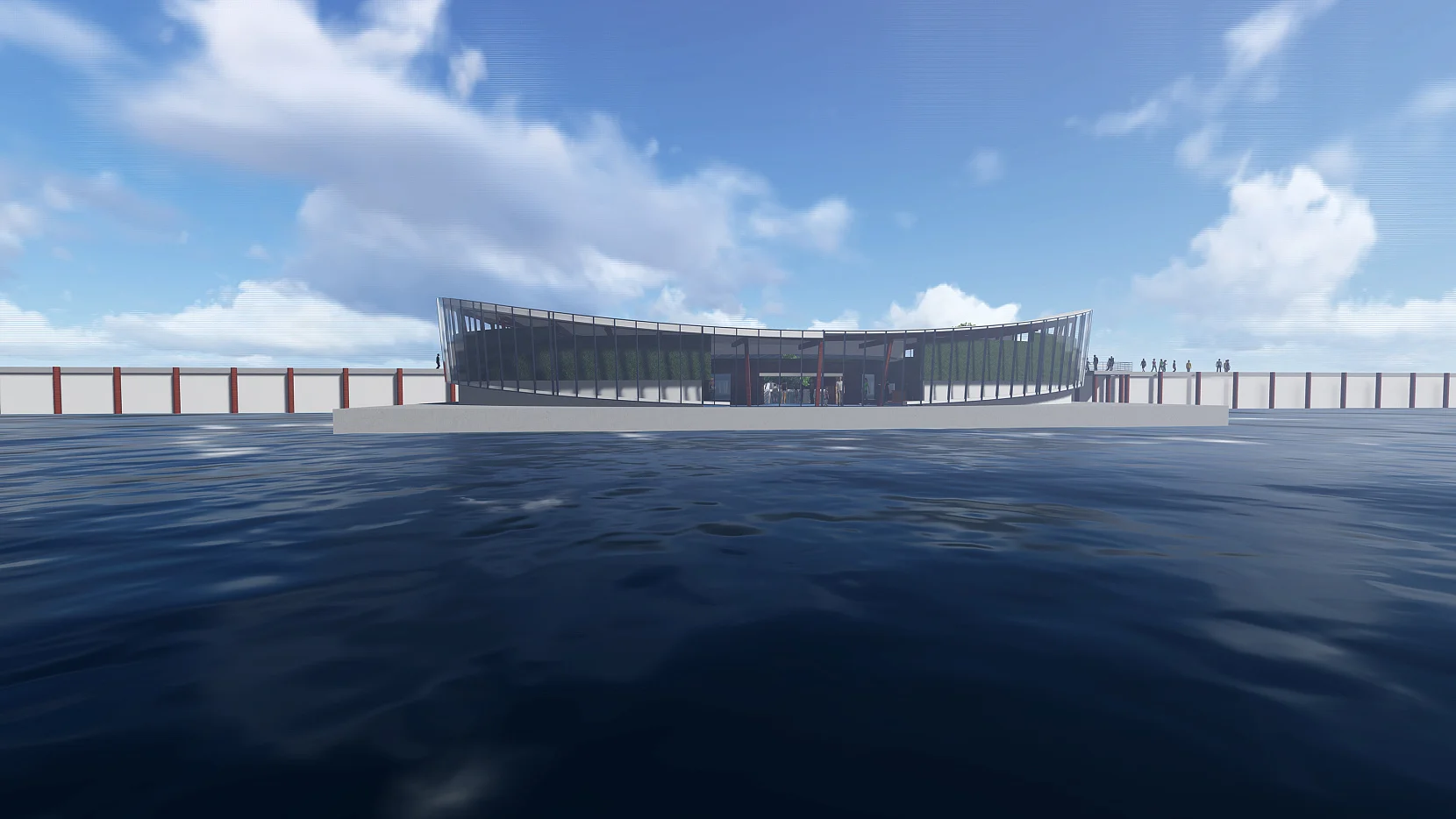
/ Completed Concept
Floating Aquarium
Completed Concept
-

Bali, Indonesia
Bali Aquarium Graphic Design
-

Kogalym, Russia
/ Completed
Philosopher’s Stone Residences Graphic Design
Completed
-

/ Completed
Château Côtes de Saint Daniel
Completed
-
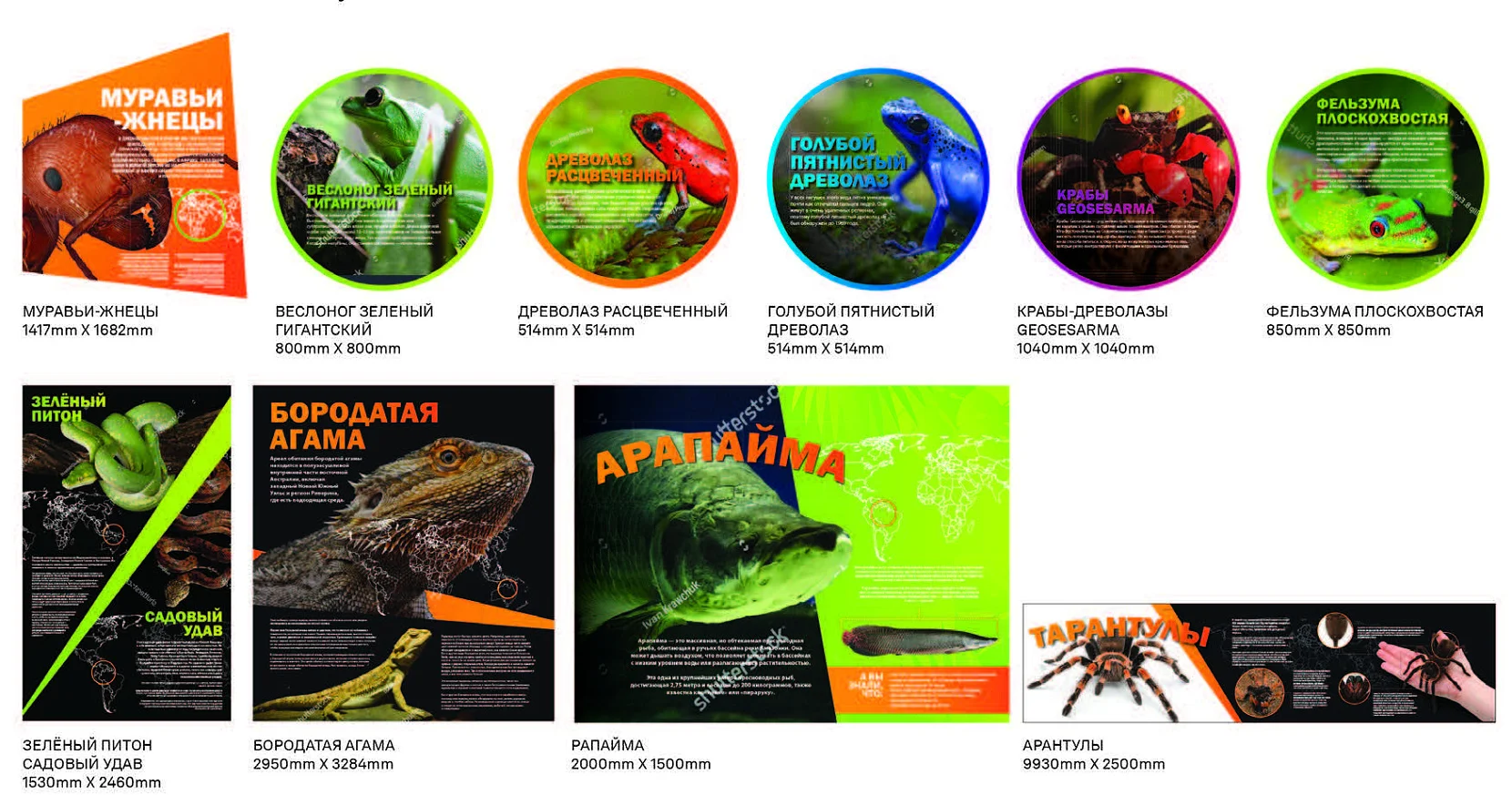
Kogalym, Russia
/ In progress
Yaranga Botanical Garden Graphic Design
In progress
-

Kogalym, Russia
/ In progress Completion due 2026
Philosopher’s Stone Residences Interior
In progress Completion due 2026
-

Paarl, South Africa
/ Completed
Deluxe Salon
Completed
-
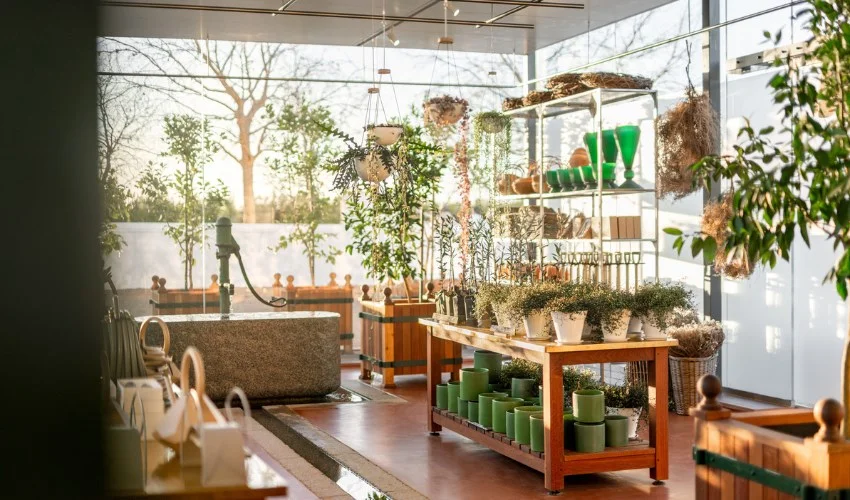
Franschhoek, South Africa
/ Completed
Babylonstoren - Garden Shop
Completed
-

Paternoster, South Africa
/ Completed
Oyster Villas
Completed
-

Paternoster, South Africa
/ Completed
Oyster Lounge
Completed
-

Cape Town, South Africa
/ Completed
Hacienda - Coastal Mexican
Completed
-

Cape Town, South Africa
/ Completed
Yatai Ramen Bar
Completed
-

Cape Town, South Africa
/ Completed
Nikkei - Japanese Peruvian
Completed
-

Astrakhan, Russia
/ Completed 2024
Astrakhan Ice Center and Retail
Completed 2024
-

Monaco
/ Completed 2018
Jessie's Jungle Childcare
Completed 2018
-

Auckland, New Zealand
/ Completed concept 2017
Westgate Biome
Completed concept 2017
-

Napier, New Zealand
/ Completed 2016
National Aquarium of New Zealand
Completed 2016
-
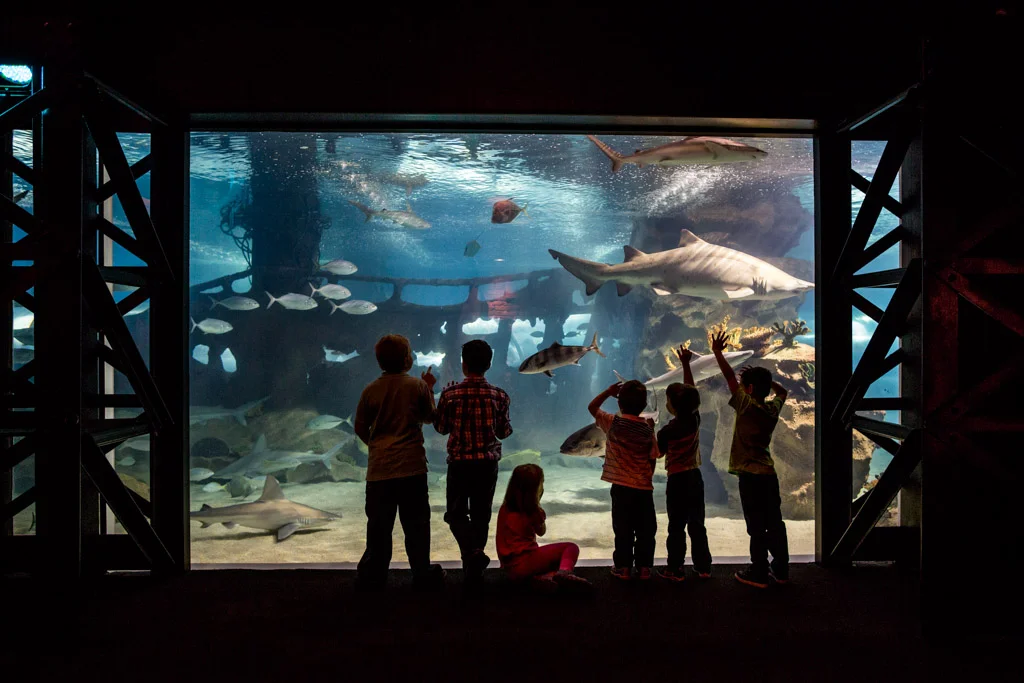
Ohio, United States of America
/ Completed 2012
Greater Cleveland Aquarium
Completed 2012
-
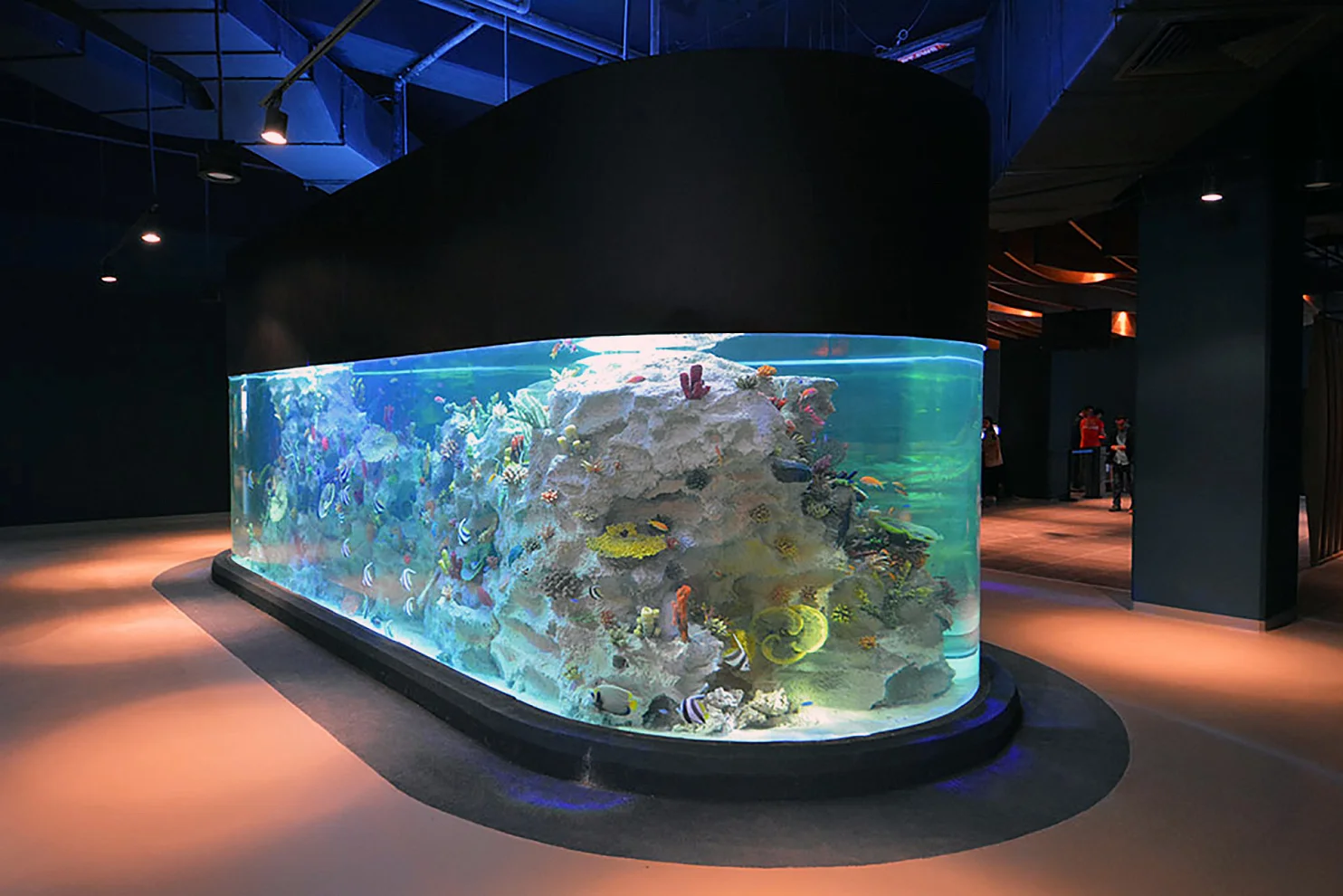
Istanbul, Turkey
/ Completed 2017
EMAAR Aquarium and Underwater Zoo
Completed 2017
-
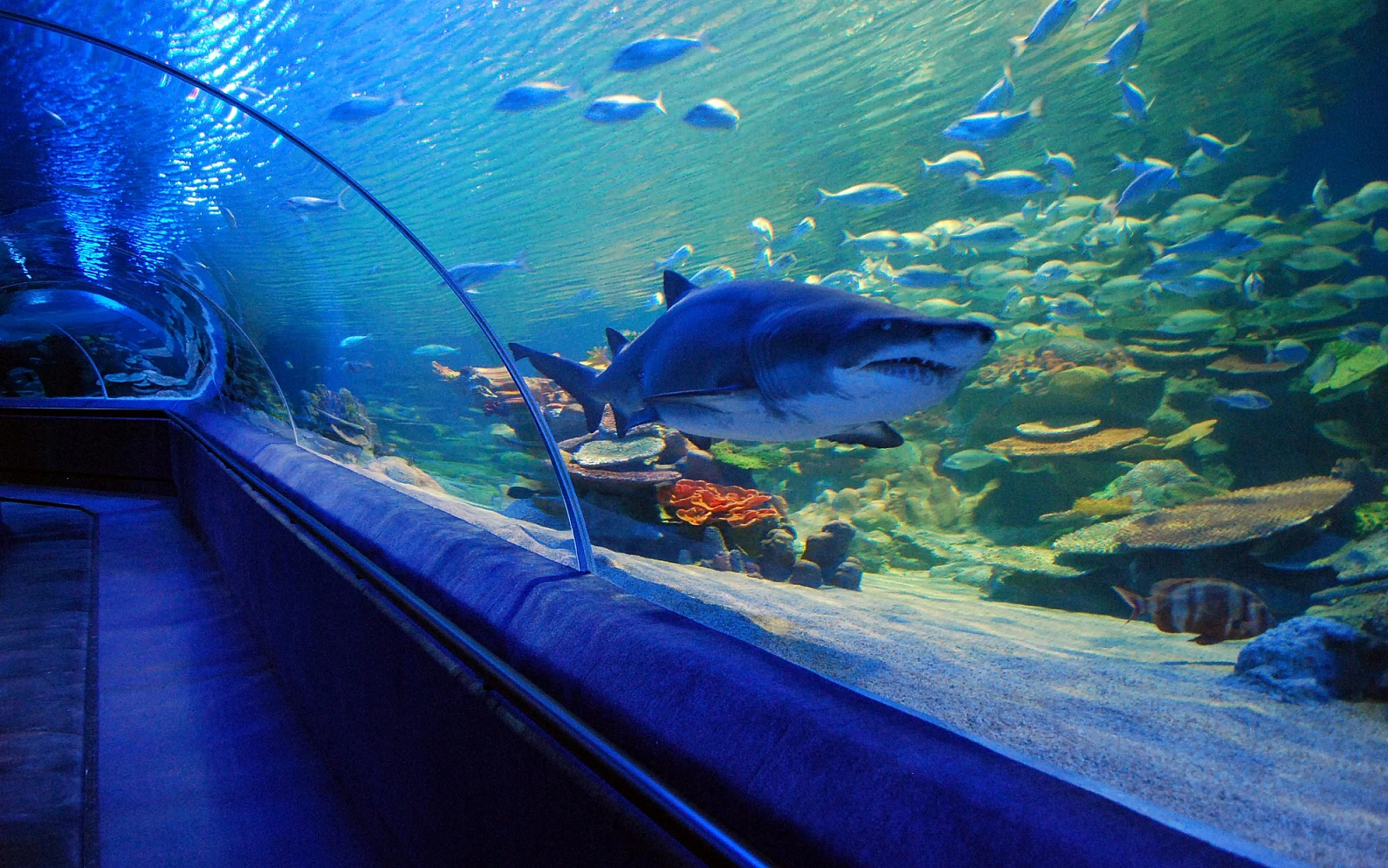
Istanbul, Turkey
/ Completed 2009
SEA LIFE Istanbul Aquarium
Completed 2009
-

Oman
Oman Waterpark
-

Colombo, Sri Lanka
/ Concept
Aquamarine Center
-
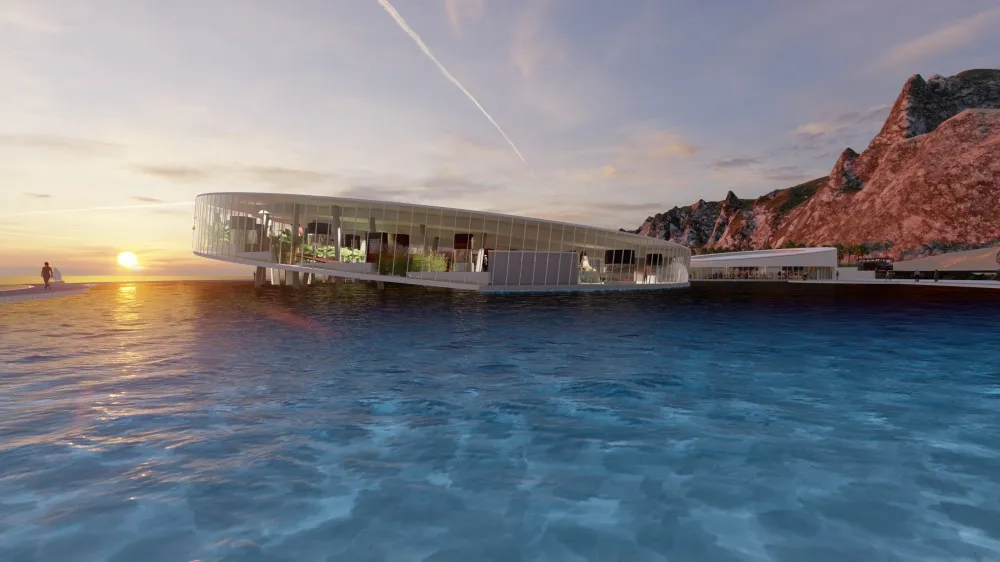
Lima, Peru
/ Concept
Lima Aquarium
-

Kogalym, Russia
/ In progress 2029
ENERGY Apartments
In progress 2029
-

Monaco
/ In progress
Jessie's Jungle Childcare
-

Da Nang, Vietnam
/ Concept, 2016
Sơn Trà Aquarium
-
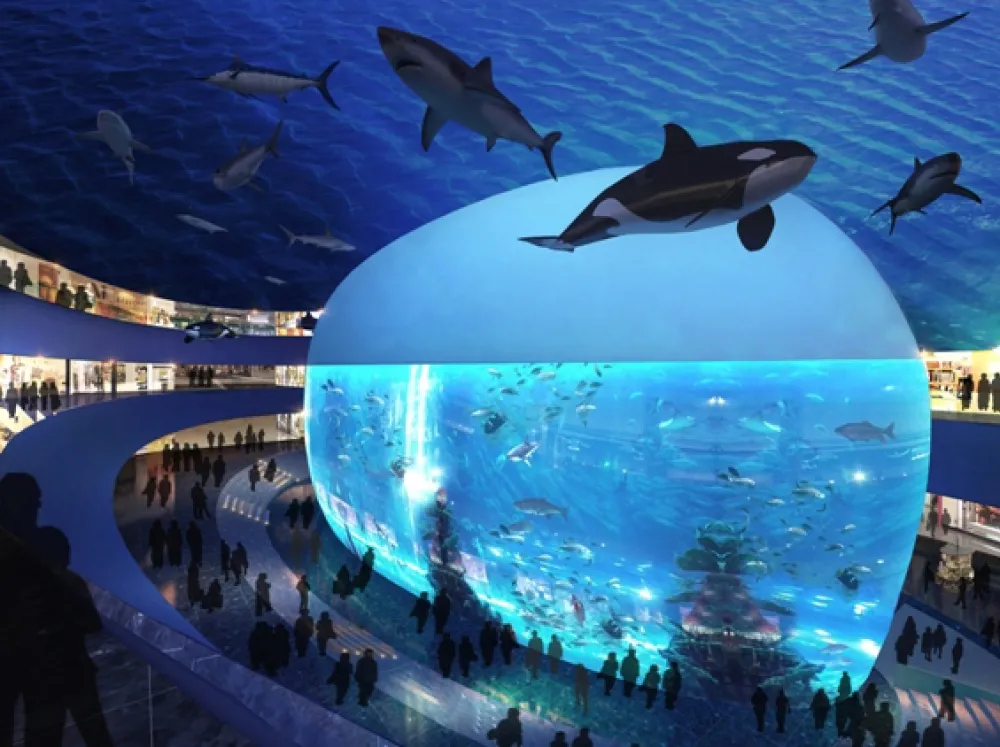
Tehran, Iran
/ Concept
Iran Mall Aquarium
-
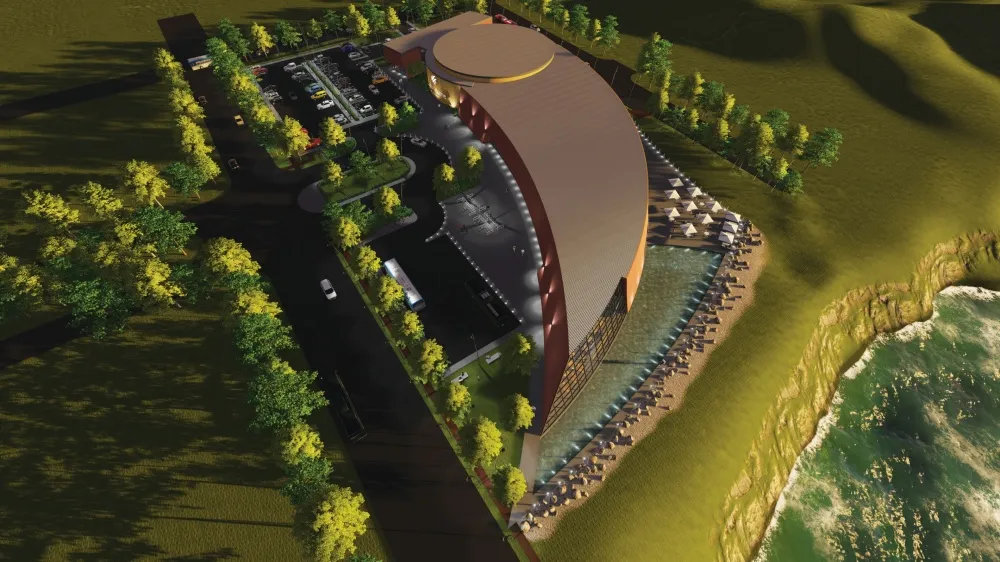
Michigan, United States of America
/ Concept
Port Huron Aquarium
-

Tauranga, New Zealand
/ Concept
Tauranga Aquarium
-

Cancun, Mexico
/ Concept
Cancun Oceanarium
